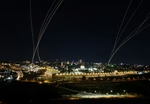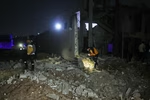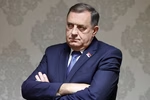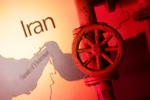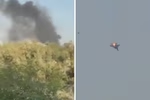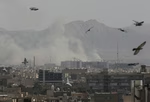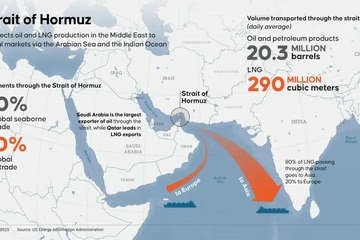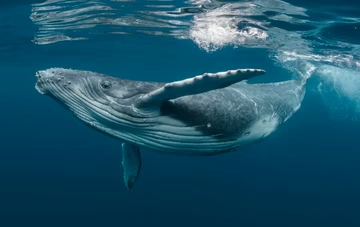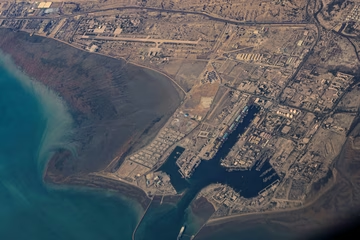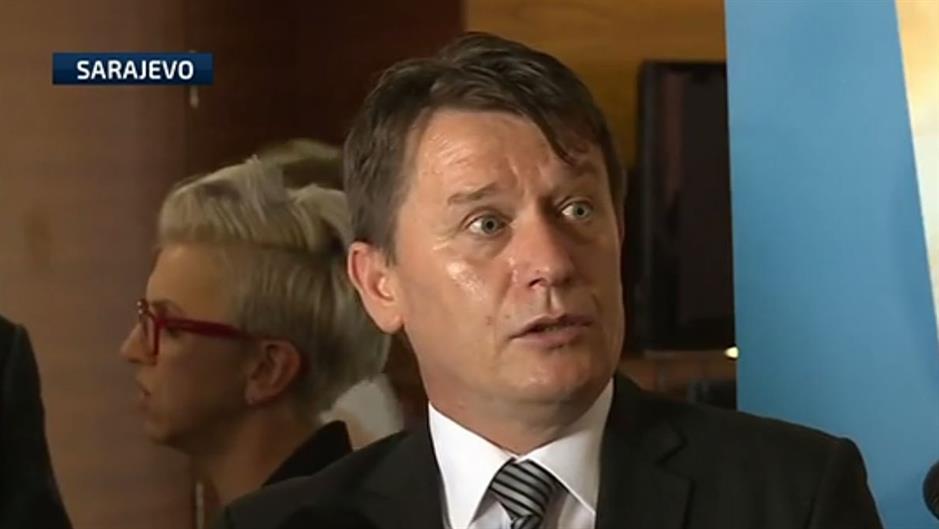
Illegal migrants heading toward Western Europe keep entering Bosnia on a daily basis but very few manage then to cross further into the EU, and Bosnia needs to find a way to accommodate them, since many will likely spend the winter in the country, the Deputy Security Minister, Mijo Kresic, told the Anadolu Agency on Thursday.
"By now we have more than 10,000 registered entries of migrants into Bosnia and Herzegovina," he said.
Bosnia is late in tackling the issue, he said, and that the solution is simply in applying the laws the country already has in place.
"We have very fair laws when it comes to the Law on Foreigners and the Law on Asylum, which are in accordance with European standards to a good degree. I think we should consistently apply them so the problem could be drastically reduced," he said.
"But, for the laws to be implemented, material and human resources, above all those of the Service for Foreigners’ Affairs of Bosnia and the Border Police, need to be ensured," he said.
Those institutions are very limited when it comes to staff, he said, as it was structured in a way so that it could tackle "some normal circumstances of a migrants or foreigner’s influx in Bosnia and Herzegovina."
Bosnia also lacks accommodation and technical capacities that would enable the country to effectively tend to the problem.
There is also an increase in the number of tourists coming to Bosnia, he said, which is as well tended to by the Foreigners’ Service.
"We have new circumstances and new challenges. We need to strengthen the eastern border. We need to be aware that the EU border is not very porous. The European Union has clearly expressed its intent - it does not want these people entering the EU," Kresic said.
Citizens have a good reason for being confused over the movements of the migrants in the country, he said.
Bosnia always behaved in line with the idea that it is a transit country, and that the migrants will only pass through it in their attempt to reach the EU. But this was the wrong attitude, Kresic explained.
"We were clearly told several months ago by the EU that not one country on the migrant route is a transit country and every one of them must take all necessary activities to fight against illegal migrants," he pointed out. "Essentially, we are a hotspot, whether we want to be or not, based on the number of people who are now in Bosnia and Herzegovina."
Some data that has been reported to the public, such as the estimate that 60 percent of the migrants who came to the country have crossed over to Croatia, is untrue, he said.
"We have between 6,000 and 7,000 illegal migrants in Bosnia who we have no control over at this moment," he said, adding that those people will stay in the country for a long time, considering the EU’s migrant policy.
"We will have to start from scratch, determine the identity of those people, and begin the procedure of sending them back to the countries they originate from, which basically means just applying the laws we have in place," he said.
Until now, according to Kresic, there have been no quality solutions that could represent an effective reaction to the situation that has come about in the country. This is also the reason for why one canton in the country, the Una Sana Canton, became a hotspot where the vast majority of the migrants are concentrated.
"This is a state level problem and (….) we need to tackle the issue from that level," he said.
At this point, some laws do have to be changed, he said, such as those that would enable the Armed Forces to be on standby.
"All barriers to Bosnia using the potentials it has to tackle this migrant crisis need to be removed, and they (those potentials) need to be prepared and made functional," he said.
The Deputy Minister firmly believes the migrants will stay for a long time.
"A significant part of them will spend the winter in Bosnia. That is something that we will have to adequately arespond to from a humanitarian standpoint," he said, explaining that it is a matter of one or two months before the weather conditions get so bad that the migrants will be exposed to many difficulties.
"We need to take care of them and we need to control the migrant flows in Bosnia and Herzegovina, and not have some international and non-governmental organisations do that for us."
Kresic said that his ministry received information from the EU and Europe’s joint police force, EUROPOL, saying that there is more money involved in illegal migrations than in drug trafficking.
The Balkan route needs a joint response from regional countries, he insisted.
"One country alone can hardly tackle the issue. We must intensify contacts and establish honest cooperation with Croatia as our western neighbour and an EU member country, but also with our neighbours in the east, Serbia and Montenegro."
He also said Bosnia is in a tough spot because of the direction the route flows to.
"In fact, Serbia and Montenegro transfer the problem to us in Bosnia, and we, from Bosnia, cannot transfer the problem further to the EU," he said.
The mere fact that the identities of the migrants are unknown indicates that they go wherever they want to, and not where state institutions decide, he pointed out.
"It is good that there are initiatives, and it is good that it is talked about. But, this must not be talked about in a populistic and demagogic way, as a quality response is needed," he said, adding that "what we currently have in the pre-election period cannot in any way diminish the threat and nobody can profit from it."
There is practically no cooperation with the countries the migrants originate from, he explained.
"Someone tells you their name and surname, and every time they report a different one. They do the same thing with their country of origin. You have to check this data. You have to have the possibility to check it," he said, explaining that this is a very complex and demanding process which also takes a lot of time.
What makes it harder is that none of these migrants have identification documents based on which heir origins can be determined, he said.
The laws must be implemented fully, as "everything else puts us in a situation in which they represent a security threat." And in order to do so, resources are needed, he repeated.
"It is obvious that we were not able to secure thesse resourcces now in Bosnia," he explained.
"In order to protect our border, we need another 2,000 new officers," he said, explaining that Bosnia does have those officers already within the system, but that conditions for them to get engaged need to be created first.
Kakvo je tvoje mišljenje o ovome?
Učestvuj u diskusiji ili pročitaj komentare





 Srbija
Srbija
 Hrvatska
Hrvatska
 Slovenija
Slovenija









